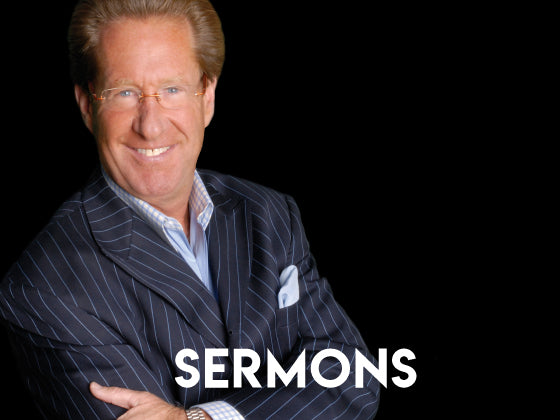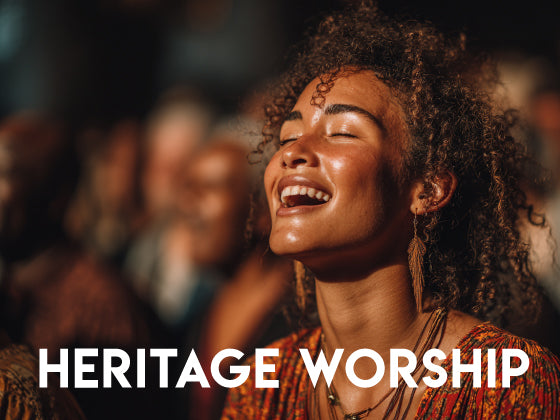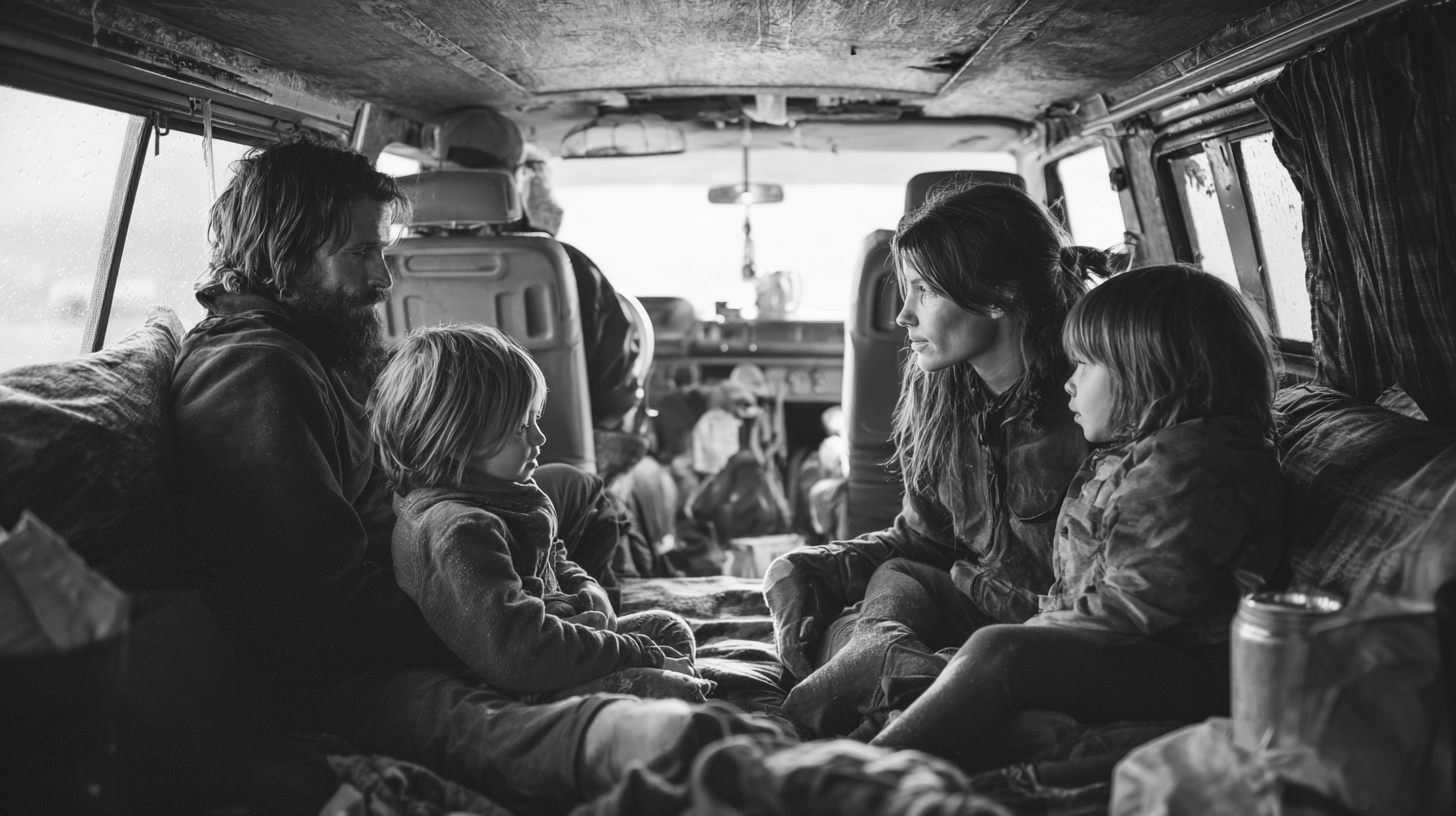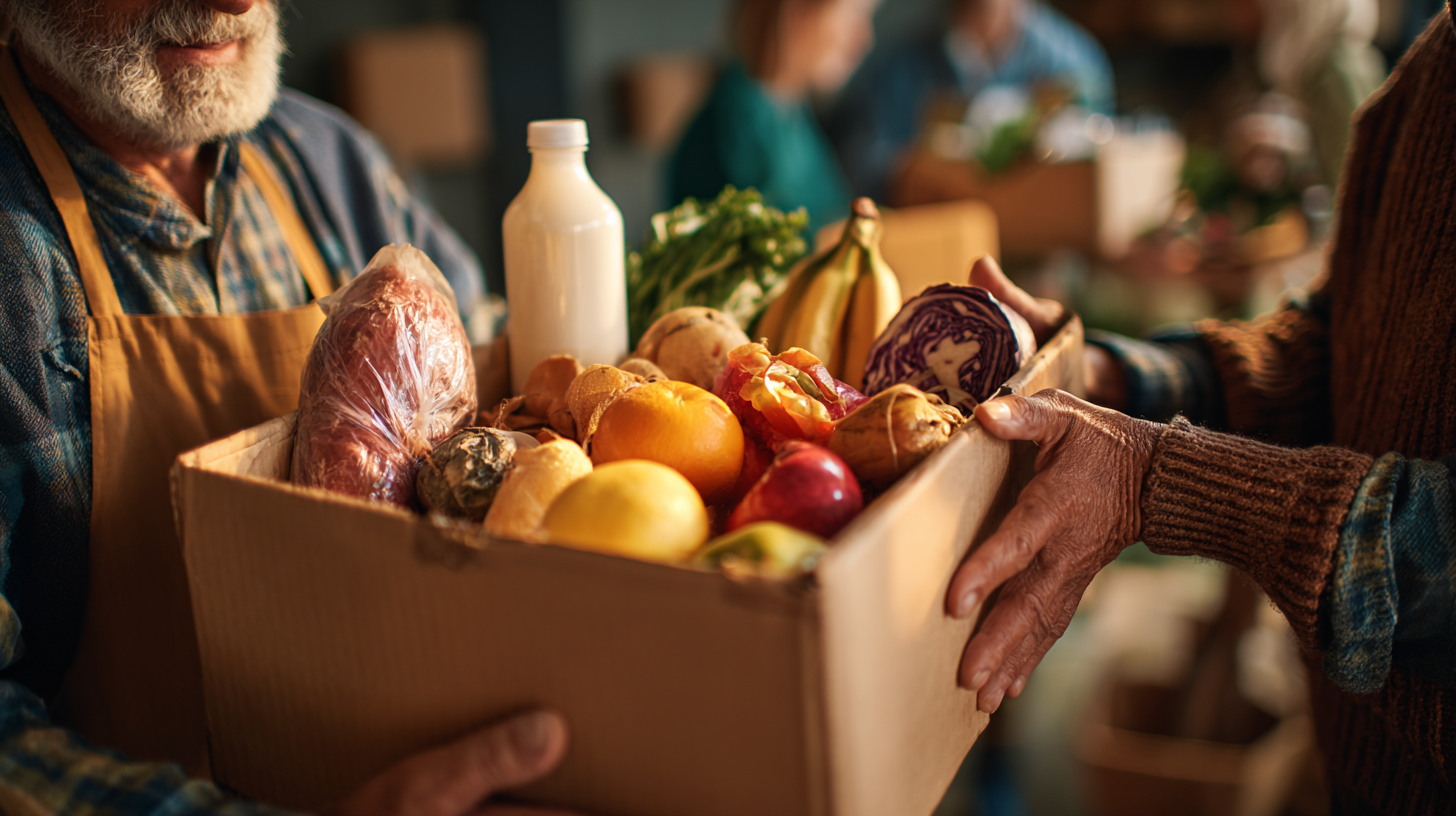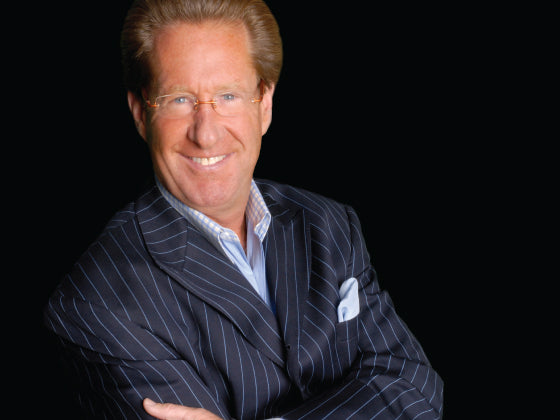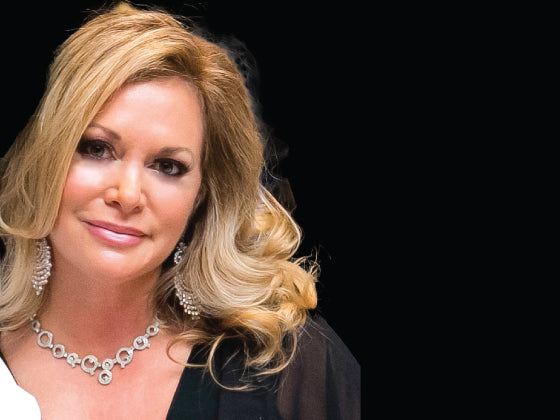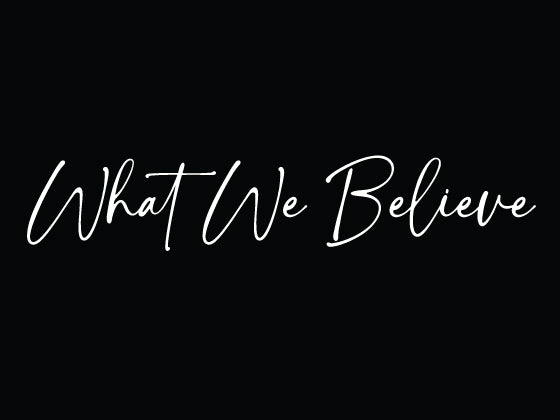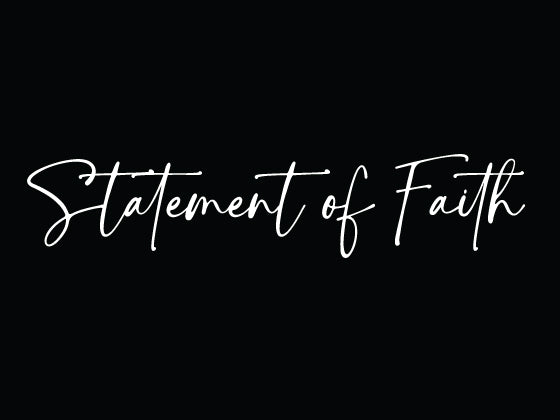Today's Scriptures | Genesis 46-48 and Matthew 14:22-36
Genesis 46-48
Jacob Goes to Egypt
46 So Israel set out with all that was his, and when he reached Beersheba, he offered sacrifices to the God of his father Isaac.
2 And God spoke to Israel in a vision at night and said, “Jacob! Jacob!”
“Here I am,” he replied.
3 “I am God, the God of your father,” he said. “Do not be afraid to go down to Egypt, for I will make you into a great nation there. 4 I will go down to Egypt with you, and I will surely bring you back again. And Joseph’s own hand will close your eyes.”
5 Then Jacob left Beersheba, and Israel’s sons took their father Jacob and their children and their wives in the carts that Pharaoh had sent to transport him.6 So Jacob and all his offspring went to Egypt, taking with them their livestock and the possessions they had acquired in Canaan. 7 Jacob brought with him to Egypt his sons and grandsons and his daughters and granddaughters—all his offspring.
8 These are the names of the sons of Israel (Jacob and his descendants) who went to Egypt:
Reuben the firstborn of Jacob.
9 The sons of Reuben:
Hanok, Pallu, Hezron and Karmi.
10 The sons of Simeon:
Jemuel, Jamin, Ohad, Jakin, Zohar and Shaul the son of a Canaanite woman.
11 The sons of Levi:
Gershon, Kohath and Merari.
12 The sons of Judah:
Er, Onan, Shelah, Perez and Zerah (but Er and Onan had died in the land of Canaan).
The sons of Perez:
Hezron and Hamul.
13 The sons of Issachar:
Tola, Puah,[a] Jashub[b] and Shimron.
14 The sons of Zebulun:
Sered, Elon and Jahleel.
15 These were the sons Leah bore to Jacob in Paddan Aram,[c] besides his daughter Dinah. These sons and daughters of his were thirty-three in all.
16 The sons of Gad:
Zephon,[d] Haggi, Shuni, Ezbon, Eri, Arodi and Areli.
17 The sons of Asher:
Imnah, Ishvah, Ishvi and Beriah.
Their sister was Serah.
The sons of Beriah:
Heber and Malkiel.
18 These were the children born to Jacob by Zilpah, whom Laban had given to his daughter Leah—sixteen in all.
19 The sons of Jacob’s wife Rachel:
Joseph and Benjamin. 20 In Egypt, Manasseh and Ephraim were born to Joseph by Asenath daughter of Potiphera, priest of On.[e]
21 The sons of Benjamin:
Bela, Beker, Ashbel, Gera, Naaman, Ehi, Rosh, Muppim, Huppim and Ard.
22 These were the sons of Rachel who were born to Jacob—fourteen in all.
23 The son of Dan:
Hushim.
24 The sons of Naphtali:
Jahziel, Guni, Jezer and Shillem.
25 These were the sons born to Jacob by Bilhah, whom Laban had given to his daughter Rachel—seven in all.
26 All those who went to Egypt with Jacob—those who were his direct descendants, not counting his sons’ wives—numbered sixty-six persons.27 With the two sons[f] who had been born to Joseph in Egypt, the members of Jacob’s family, which went to Egypt, were seventy[g] in all.
28 Now Jacob sent Judah ahead of him to Joseph to get directions to Goshen.When they arrived in the region of Goshen, 29 Joseph had his chariot made ready and went to Goshen to meet his father Israel. As soon as Joseph appeared before him, he threw his arms around his father[h] and wept for a long time.
30 Israel said to Joseph, “Now I am ready to die, since I have seen for myself that you are still alive.”
31 Then Joseph said to his brothers and to his father’s household, “I will go up and speak to Pharaoh and will say to him, ‘My brothers and my father’s household, who were living in the land of Canaan, have come to me. 32 The men are shepherds; they tend livestock, and they have brought along their flocks and herds and everything they own.’ 33 When Pharaoh calls you in and asks, ‘What is your occupation?’ 34 you should answer, ‘Your servants have tended livestock from our boyhood on, just as our fathers did.’ Then you will be allowed to settle in the region of Goshen, for all shepherds are detestable to the Egyptians.”
47 Joseph went and told Pharaoh, “My father and brothers, with their flocks and herds and everything they own, have come from the land of Canaan and are now in Goshen.” 2 He chose five of his brothers and presented them before Pharaoh.
3 Pharaoh asked the brothers, “What is your occupation?”
“Your servants are shepherds,” they replied to Pharaoh, “just as our fathers were.” 4 They also said to him, “We have come to live here for a while, because the famine is severe in Canaan and your servants’ flocks have no pasture. So now, please let your servants settle in Goshen.”
5 Pharaoh said to Joseph, “Your father and your brothers have come to you,6 and the land of Egypt is before you; settle your father and your brothers in the best part of the land. Let them live in Goshen. And if you know of any among them with special ability, put them in charge of my own livestock.”
7 Then Joseph brought his father Jacob in and presented him before Pharaoh. After Jacob blessed[i] Pharaoh, 8 Pharaoh asked him, “How old are you?”
9 And Jacob said to Pharaoh, “The years of my pilgrimage are a hundred and thirty. My years have been few and difficult, and they do not equal the years of the pilgrimage of my fathers.” 10 Then Jacob blessed[j] Pharaoh and went out from his presence.
11 So Joseph settled his father and his brothers in Egypt and gave them property in the best part of the land, the district of Rameses, as Pharaoh directed. 12 Joseph also provided his father and his brothers and all his father’s household with food, according to the number of their children.
Joseph and the Famine
13 There was no food, however, in the whole region because the famine was severe; both Egypt and Canaan wasted away because of the famine. 14 Joseph collected all the money that was to be found in Egypt and Canaan in payment for the grain they were buying, and he brought it to Pharaoh’s palace. 15 When the money of the people of Egypt and Canaan was gone, all Egypt came to Joseph and said, “Give us food. Why should we die before your eyes? Our money is all gone.”
16 “Then bring your livestock,” said Joseph. “I will sell you food in exchange for your livestock, since your money is gone.” 17 So they brought their livestock to Joseph, and he gave them food in exchange for their horses, their sheep and goats, their cattle and donkeys. And he brought them through that year with food in exchange for all their livestock.
18 When that year was over, they came to him the following year and said, “We cannot hide from our lord the fact that since our money is gone and our livestock belongs to you, there is nothing left for our lord except our bodies and our land. 19 Why should we perish before your eyes—we and our land as well? Buy us and our land in exchange for food, and we with our land will be in bondage to Pharaoh. Give us seed so that we may live and not die, and that the land may not become desolate.”
20 So Joseph bought all the land in Egypt for Pharaoh. The Egyptians, one and all, sold their fields, because the famine was too severe for them. The land became Pharaoh’s, 21 and Joseph reduced the people to servitude,[k] from one end of Egypt to the other. 22 However, he did not buy the land of the priests,because they received a regular allotment from Pharaoh and had food enough from the allotment Pharaoh gave them. That is why they did not sell their land.
23 Joseph said to the people, “Now that I have bought you and your land today for Pharaoh, here is seed for you so you can plant the ground. 24 But when the crop comes in, give a fifth of it to Pharaoh. The other four-fifths you may keep as seed for the fields and as food for yourselves and your households and your children.”
25 “You have saved our lives,” they said. “May we find favor in the eyes of our lord; we will be in bondage to Pharaoh.”
26 So Joseph established it as a law concerning land in Egypt—still in force today—that a fifth of the produce belongs to Pharaoh. It was only the land of the priests that did not become Pharaoh’s.
27 Now the Israelites settled in Egypt in the region of Goshen. They acquired property there and were fruitful and increased greatly in number.
28 Jacob lived in Egypt seventeen years, and the years of his life were a hundred and forty-seven. 29 When the time drew near for Israel to die, he called for his son Joseph and said to him, “If I have found favor in your eyes, put your hand under my thigh and promise that you will show me kindness and faithfulness. Do not bury me in Egypt, 30 but when I rest with my fathers, carry me out of Egypt and bury me where they are buried.”
“I will do as you say,” he said.
31 “Swear to me,” he said. Then Joseph swore to him, and Israel worshiped as he leaned on the top of his staff.[l]
Manasseh and Ephraim
48 Some time later Joseph was told, “Your father is ill.” So he took his two sons Manasseh and Ephraim along with him. 2 When Jacob was told, “Your son Joseph has come to you,” Israel rallied his strength and sat up on the bed.
3 Jacob said to Joseph, “God Almighty[m] appeared to me at Luz in the land of Canaan, and there he blessed me 4 and said to me, ‘I am going to make you fruitful and increase your numbers. I will make you a community of peoples, and I will give this land as an everlasting possession to your descendants after you.’
5 “Now then, your two sons born to you in Egypt before I came to you here will be reckoned as mine; Ephraim and Manasseh will be mine, just as Reuben and Simeon are mine. 6 Any children born to you after them will be yours; in the territory they inherit they will be reckoned under the names of their brothers.7 As I was returning from Paddan,[n] to my sorrow Rachel died in the land of Canaan while we were still on the way, a little distance from Ephrath. So I buried her there beside the road to Ephrath” (that is, Bethlehem).
8 When Israel saw the sons of Joseph, he asked, “Who are these?”
9 “They are the sons God has given me here,” Joseph said to his father.
Then Israel said, “Bring them to me so I may bless them.”
10 Now Israel’s eyes were failing because of old age, and he could hardly see.So Joseph brought his sons close to him, and his father kissed them and embraced them.
11 Israel said to Joseph, “I never expected to see your face again, and now God has allowed me to see your children too.”
12 Then Joseph removed them from Israel’s knees and bowed down with his face to the ground. 13 And Joseph took both of them, Ephraim on his right toward Israel’s left hand and Manasseh on his left toward Israel’s right hand,and brought them close to him. 14 But Israel reached out his right hand and put it on Ephraim’s head, though he was the younger, and crossing his arms, he put his left hand on Manasseh’s head, even though Manasseh was the firstborn.
15 Then he blessed Joseph and said,
“May the God before whom my fathers
Abraham and Isaac walked faithfully,
the God who has been my shepherd
all my life to this day,
16 the Angel who has delivered me from all harm
—may he bless these boys.
May they be called by my name
and the names of my fathers Abraham and Isaac,
and may they increase greatly
on the earth.”
17 When Joseph saw his father placing his right hand on Ephraim’s head he was displeased; so he took hold of his father’s hand to move it from Ephraim’s head to Manasseh’s head. 18 Joseph said to him, “No, my father, this one is the firstborn; put your right hand on his head.”
19 But his father refused and said, “I know, my son, I know. He too will become a people, and he too will become great. Nevertheless, his younger brother will be greater than he, and his descendants will become a group of nations.” 20 He blessed them that day and said,
“In your name will Israel pronounce this blessing:
‘May God make you like Ephraim and Manasseh.’”
So he put Ephraim ahead of Manasseh.
21 Then Israel said to Joseph, “I am about to die, but God will be with you[p] and take you[q] back to the land of your[r] fathers. 22 And to you I give one more ridge of land[s] than to your brothers, the ridge I took from the Amorites with my sword and my bow.”
Matthew 14:22-36
Jesus Walks on the Water
22 Immediately Jesus made the disciples get into the boat and go on ahead of him to the other side, while he dismissed the crowd. 23 After he had dismissed them, he went up on a mountainside by himself to pray. Later that night, he was there alone, 24 and the boat was already a considerable distance from land, buffeted by the waves because the wind was against it.
25 Shortly before dawn Jesus went out to them, walking on the lake. 26 When the disciples saw him walking on the lake, they were terrified. “It’s a ghost,”they said, and cried out in fear.
27 But Jesus immediately said to them: “Take courage! It is I. Don’t be afraid.”
28 “Lord, if it’s you,” Peter replied, “tell me to come to you on the water.”
29 “Come,” he said.
Then Peter got down out of the boat, walked on the water and came toward Jesus. 30 But when he saw the wind, he was afraid and, beginning to sink, cried out, “Lord, save me!”
31 Immediately Jesus reached out his hand and caught him. “You of little faith,”he said, “why did you doubt?”
32 And when they climbed into the boat, the wind died down. 33 Then those who were in the boat worshiped him, saying, “Truly you are the Son of God.”
34 When they had crossed over, they landed at Gennesaret. 35 And when the men of that place recognized Jesus, they sent word to all the surrounding country. People brought all their sick to him 36 and begged him to let the sick just touch the edge of his cloak, and all who touched it were healed.

